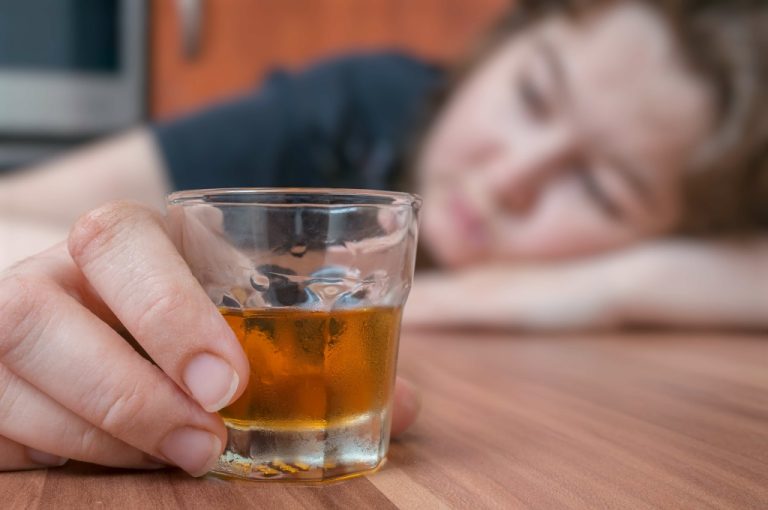Medications are often used to manage the symptoms of alcohol withdrawal safely. Benzodiazepines, such as diazepam (Valium) or lorazepam (Ativan), are commonly prescribed to reduce withdrawal symptoms and prevent complications like seizures. Other medications might include anticonvulsants, anti-nausea drugs and sleep aids, depending on individual symptoms and medical history.
- There are specific medical treatments that will stop or reduce most of the symptoms you could experience if you quit cold turkey.
- Additionally, medications such as acamprosate and naltrexone may be prescribed to support long-term abstinence.
- Alcohol is a central nervous system depressant that affects your brain.
- If a person is ready to quit, but needs support, the process is still long and complicated.
Decreased Risk of Alcohol-Related Death
- If your alcohol use has been heavy and chronic, talk to a doctor about medically supervised detox.
- A healthcare provider may also suggest vitamins and dietary changes help with your withdrawal symptoms.
- Regardless of the path you choose, the most important thing is finding an approach you can stick with.
- You may be able to detox at home and recover from alcoholism with the help of support groups such as Alcoholics Anonymous.
- While there are no easy answers, understanding more about alcohol addiction as an illness can make it easier to figure out the best way to help someone.
A popular way to taper off alcohol is to gradually reduce the number of drinks you consume over a period of time. For example, if you normally drink 6 glasses of wine each night, you can try reducing that to 5 glasses of wine a night. After several days of 5 glasses of wine, you can reduce that down to 4. Eventually, https://theseattledigest.com/top-5-advantages-of-staying-in-a-sober-living-house/ after a period of time, you will have tapered down to zero drinks. If you’re interested in medication-assisted treatment, medication to curb cravings can be a helpful tool for reducing your consumption. The best way to quit alcohol while avoiding unpleasant withdrawal symptoms is to ask for help.
Practice Mindful Drinking
If you’re used to drinking less than 20 beers per day, HAMS recommends reducing your alcohol consumption by two beers per day until you achieve sobriety. If you’ve been unable to quit on your own, you should consider attending an alcohol rehab center. It teaches you healthy ways to cope with stress and techniques for overcoming Sober House the underlying causes of alcohol addiction. This may work for many people, but in practice each individual will respond best to a different pace, and each doctor will have their own recommendations. The risk of tapering too slowly is that you won’t stick with it, while the risk of tapering too fast is severe withdrawal.
Support Groups

An alcohol taper can be effective in beginning recovery and help set a realistic goal for those not ready to quit alcohol completely, but they’re not for everyone. Someone who has been drinking heavily for a long period may struggle with cravings and alcohol withdrawal symptoms, leading to relapse. However, the efficacy of tapering alone without medical supervision is questionable, as studies show that withdrawal symptoms can persist despite the gradual reduction of alcohol use. Professional guidance is often necessary to navigate the complexities of alcohol tapering.
Tapering vs Cold Turkey
- You might reach for alcohol when you’re really just thirsty, says Crews.
- Overall, recovering from alcoholism is about giving yourself time, caring for yourself, finding a healthy support system, and remaining persistent.
- The individual’s support system also plays a significant role in monitoring progress and encouraging adherence to the tapering plan.
Alcohol-Free Days
- Alcohol tapering is a method used to gradually decrease alcohol consumption to mitigate withdrawal symptoms and reduce the risk of severe health consequences.
- Educate your loved ones on dangerous symptoms, too, so they can look out for you and get you medical attention if you need it.
- Moderate to heavy drinkers can also benefit from medical supervision in the acute withdrawal stage.
- To begin with, other support groups exist, including SMART Recovery, LifeRing, and Secular Organizations for Sobriety (SOS).